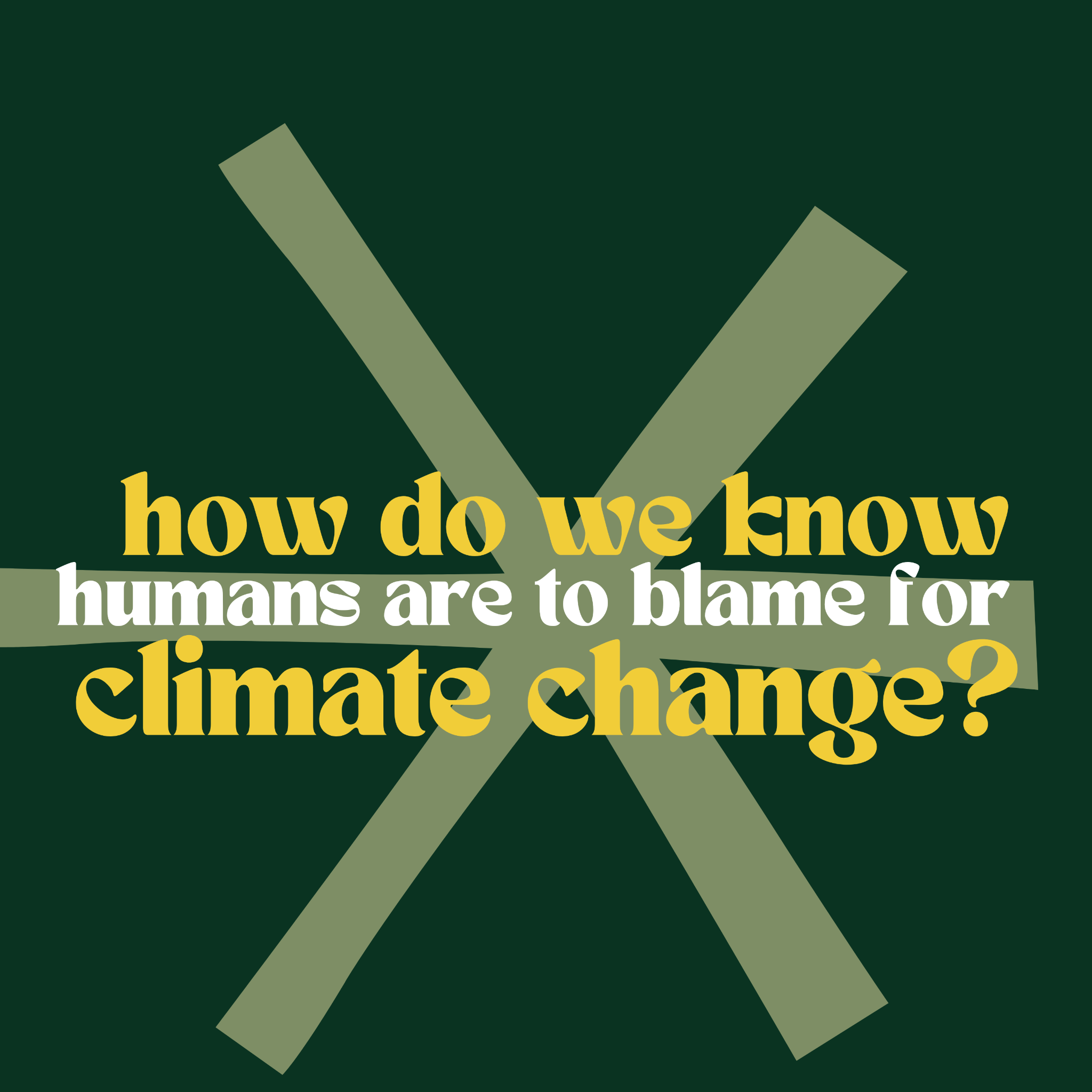
How We Know Humans Are Causing Climate Change
Over many decades, thousands of scientists have studied the warming planet. They’ve reached an overwhelming consensus: The burning of fossil fuels by humans is the primary cause of global warming today. Even scientists employed by oil companies have come to this conclusion. One scientific study put it this way: The odds of current global warming occurring without human-caused greenhouse gas emissions are less than 1 in 100,000.
Here’s how the science arrived at this place.
First, it’s important to understand the main forces affecting climate. The big ones are the sun (whose energy can fluctuate over time), ocean circulation patterns (which can change how heat is distributed around the planet), volcanic activity (which pumps material into the sky that can have either warming or cooling effects) and the overall amount of greenhouse gases in the atmosphere. Each of these forces has played a role at different times in history.
For example, 56 million years ago, a giant burst of greenhouse gases from volcanoes or vast deposits of methane (or both) abruptly warmed the planet by at least 9 degrees Fahrenheit, triggering mass extinctions.
About 12,000 years ago, major changes in Atlantic Ocean circulation plunged the Northern Hemisphere into a frigid state. And 300 years ago, a combination of reduced solar output and increased volcanic activity cooled parts of the planet enough that Londoners regularly ice-skated on the Thames River. Volcanoes can have a cooling effect when they shoot out stuff that blocks solar radiation.
In studying the cause of today’s climate changes, scientists have looked at all of these factors.The first three (solar energy, ocean patterns and volcanic activity) haven’t varied enough in the last 150 years to account for today’s rapidly rising temperatures. That’s especially true in the second half of the 20th century, when solar output actually declined and volcanoes had a cooling effect...
Post a comment